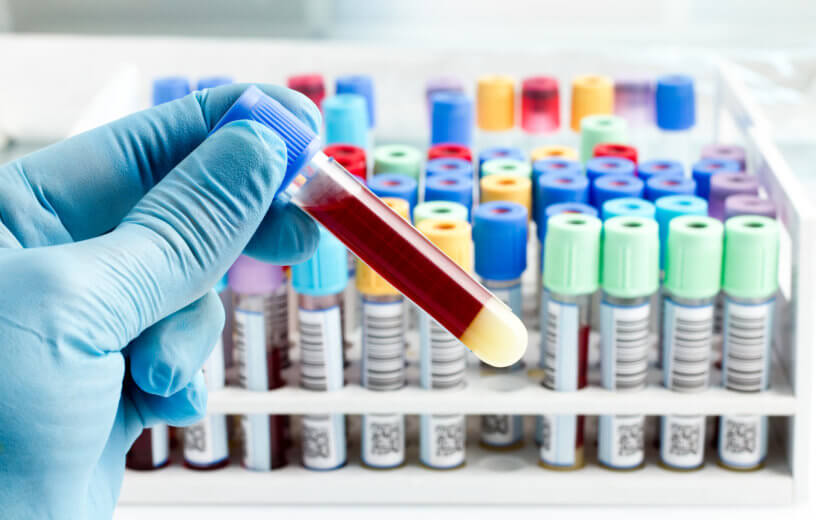BOSTON — Detecting cancer early on can make all the difference in treating the disease. That’s why a new cancer-detecting blood test, while only in the developmental stage, has already made waves in the medical community. Researchers with the Dana-Farber Cancer Institute in Boston say trial runs of their new test have illustrated its ability to screen patients for over 20 types of cancer with a high degree of accuracy.
The test utilizes state-of-the-art sequencing technology to analyze DNA samples for tiny chemical tags called methylation. These tags have the ability to influence whether or not a gene is active or inactive.
So, researchers gathered nearly 3,600 blood samples. Some samples were taken from patients known to be diagnosed with a form of cancer, while other samples were taken from people not diagnosed with cancer at the time their blood was drawn. When the new test was applied to the blood samples, it was able to successfully pick up cancer signals from the cancer patient samples, and was even able to pinpoint where in patients’ bodies the cancer began. According to the research team, the test’s specificity, or ability to only display a “positive” result in patients who do in fact have cancer, is very high. Furthermore, its ability to pinpoint cancer origin locations was also very accurate.
When cancer cells die, their DNA is shed into the bloodstream. This new test searches for that DNA, in contrast to more traditional cancer screening tests such as “liquid biopsies,” which search for cancer-caused genetic mutations or changes in DNA.
More specifically, this new test focuses on DNA modifications known as methyl groups. Methyl groups are chemicals that attach themselves to DNA and have the ability to control whether or not a gene is “on” or “off.” This process is called methylation, and abnormal methylation patterns can actually be a more accurate indicator of a cancer’s presence, and specific type, than mutations.
“Our previous work indicated that methylation-based assays outperform traditional DNA-sequencing approaches to detecting multiple forms of cancer in blood samples,” says the study’s lead author, Dr. Geoffrey Oxnard, in a release. “The results of the new study demonstrate that such assays are a feasible way of screening people for cancer.”
In all, the research phase consisted of 3,583 blood samples, including 1,530 from cancer patients and 2,053 from people without cancer. These samples included over 20 types of cancer, including breast, ovarian, pancreatic, lung, and gastric, just to name a few.
The test’s overall specificity was 99.4%, meaning it only incorrectly stated someone had cancer in 0.6% of cases. However, its sensitivity, or ability to accurately detect cancer in patients with the disease, was 76%. In greater detail, 32% of patients with stage I cancer were identified, followed by 76% for stage II, 85% for stage III, and 93% for stage IV. Across all cancer types, the test’s sensitivity came in at 55%. Among the 97% of blood samples that returned a tissue of origin result, the test was able to identify the correct organ of origin in 89% of cases.
According to Dr. Oxnard, even a small boost in cancer testing efficiency and accuracy could help many patients receive more effective cancer treatment.
The study was presented at the ESMO 2019 Congress in October, 2019.
